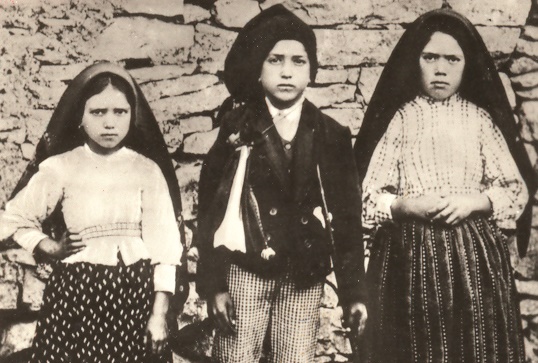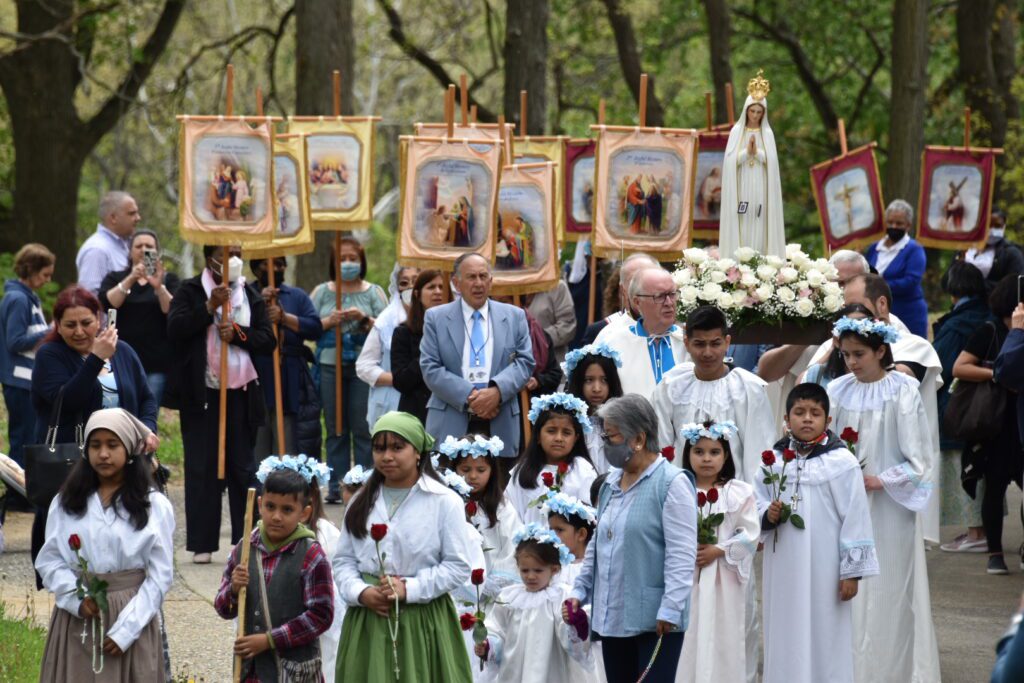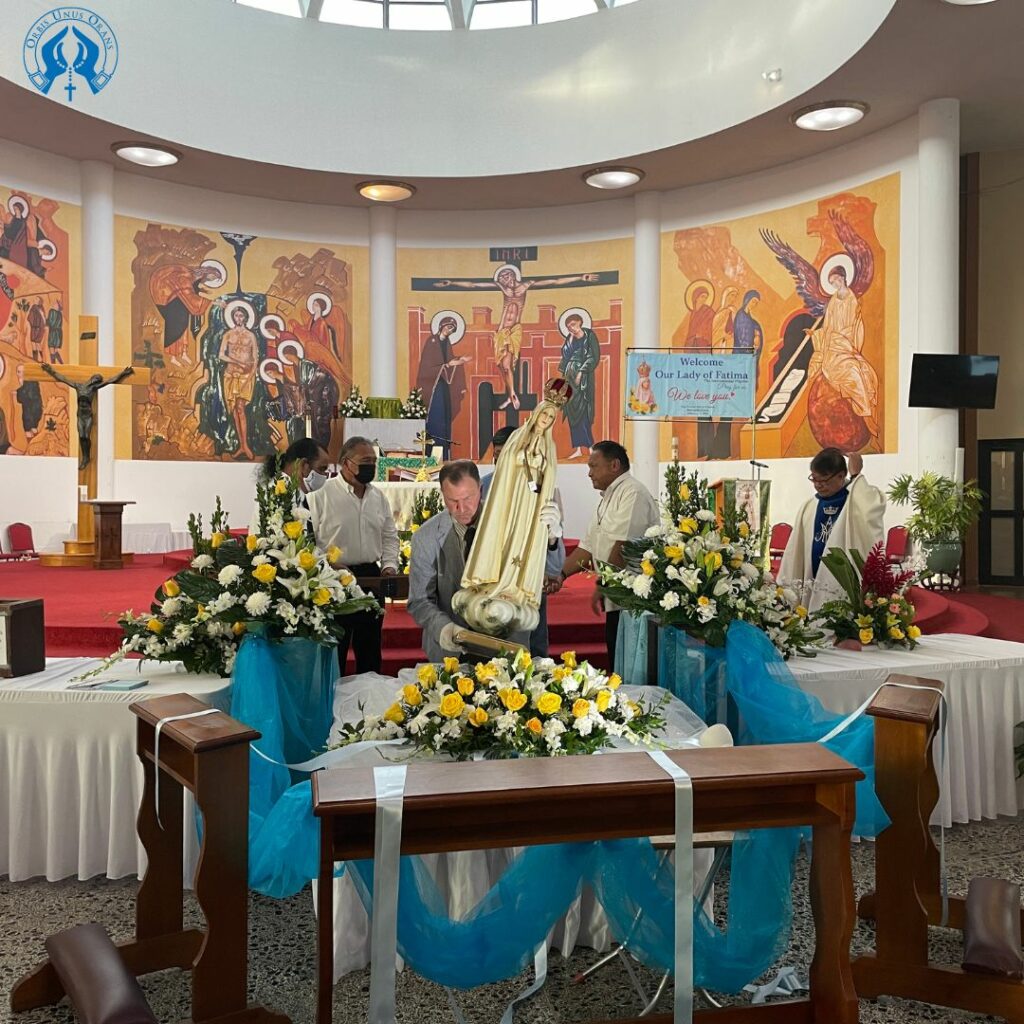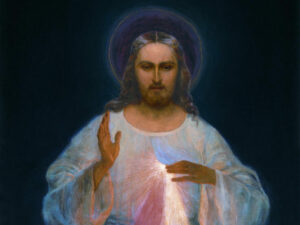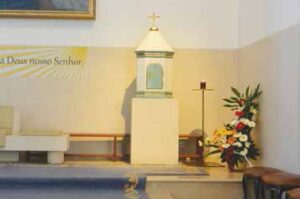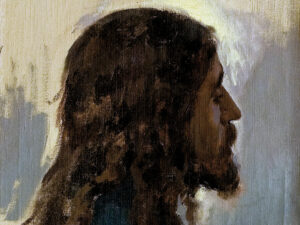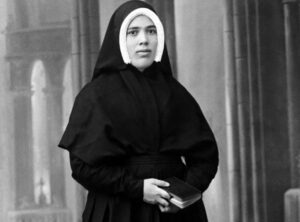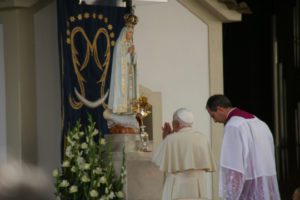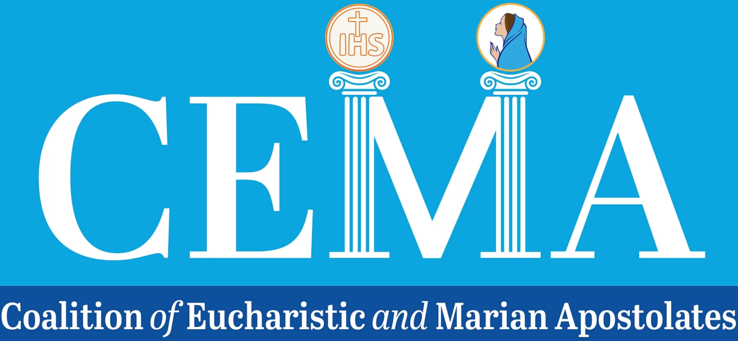by Barb Ernster –
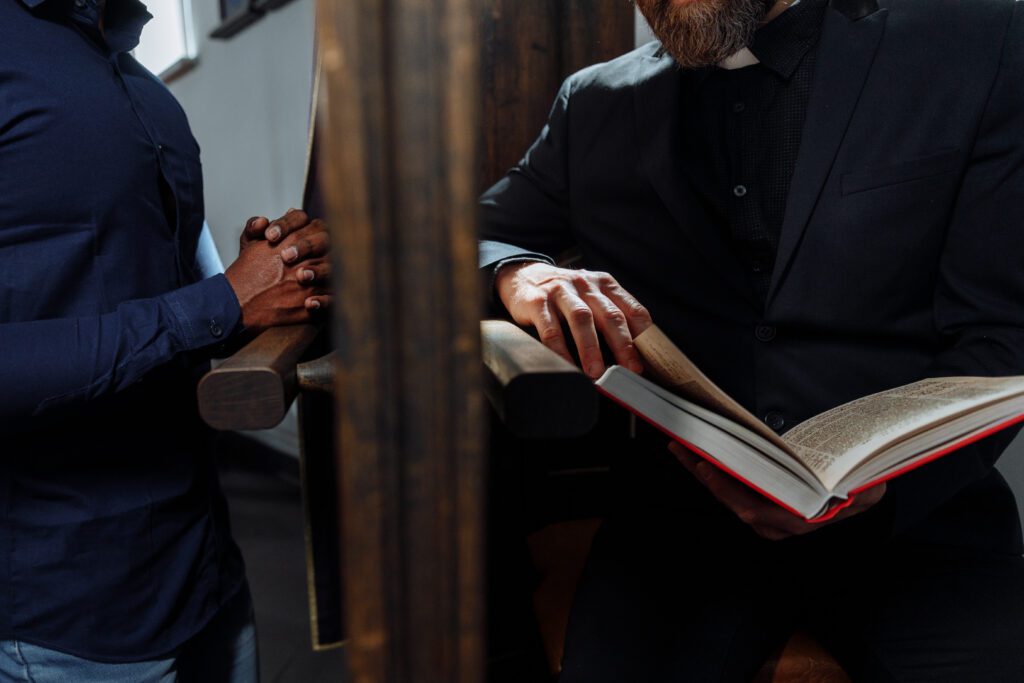
Confession is a stickler for many people. Some will go once a year to meet the Church obligation. Others absolve themselves of the need of the sacrament, saying, “I tell my sins to God,” or, “I haven’t killed anyone.”
Confession is not easy because we naturally do not want to examine ourselves. When we refuse to look, we don’t see how heavy these sins are and how much burden we carry around. Even repetitive venial sins weigh us down because they contribute to patterns of behavior that need to change.
Police detectives will tell you that when a criminal confesses, there is a great sense of relief in the person – they feel free, even if it means now they will face a prison sentence. Jesus’ teaching, “the truth will set you free,” has more truth in it than we want to admit. (Jn 8:32)
Confession Brings Peace
Recently, I had the blessing of being with my uncle who was in the late stages of Parkinson’s disease and had contracted a virus, which took his life. He was a Missouri Synod Lutheran all his life, yet often attended Mass and Adoration with my Catholic aunt, prayed the Rosary daily with her and the Divine Mercy chaplet. He struggled to accept all that the Catholic Church taught – specifically about the need for confession and how we venerate the Mother of God. Yet, he was one of the most humble examples of Christian living throughout his life.
By God’s providence, it was a Catholic chaplain who was on duty the day I asked for a visit so that he could receive a blessing. I explained to the priest who he was, and how faithful he was to Christ and the Rosary. I asked if he could receive a blessing. The priest’s eyes became wide as could be and he said, “Oh, absolutely!”
He marched into the room, took my uncle’s hand, and began speaking to him. My uncle had for several days been unable to communicate or open his eyes as he laid there suffering, but he could hear clearly. He turned his head toward the priest as he spoke. As soon as he told my uncle he was a Catholic priest, his grip on the priest’s hands became tighter and his face changed from suffering to intent listening and calm. After reading a Gospel passage, and as the priest gave him the anointing, followed by the Apostolic Blessing and the forgiveness of all his sins so that he could go into the light of Jesus, my uncle’s demeanor radically changed. His face fell into the hands of the priest, his eyes tightened as if he was weeping with relief. I knew he was truly sorry for everything, and the visible peace that settled upon him was undeniable.
I stood back with the priest and for several moments we just watched him. The priest said, “Isn’t it beautiful?”
The Necessity of God’s Forgiveness
I felt as if Christ Himself had walked into that room and administered the sacrament. I witnessed close up and personal what mercy looks like. It was the greatest gift to be there, and I will never forget it.
I do believe my uncle became Catholic at that moment, but more than anything, I saw that he needed to be forgiven. I realized then that much of his suffering and agitation leading up to that moment was the struggle against his self-accusation and judgement. He was afraid to meet Christ without hearing that he was forgiven. Like the good thief on the cross, who heard the words of Jesus, “Today you will be with me in paradise,” my uncle was able to forgive himself and turn toward paradise.
We cannot forgive ourselves to the degree that God can. Apart from God, we see ourselves as accused and judged. We see it in our culture, which is fleeing God at a rapid rate. What is the result? People are accused and judged in the public square, “cancelled” and fired from jobs in a New York minute. There is no forgiveness. The world only accuses and judges, but never forgives.
Our Lady asked for confession monthly in the First Saturday devotions as a firm reminder that we do need to admit our sins and be forgiven, to know – and feel – God’s mercy. We cannot walk in freedom and joy if we don’t allow Him to forgive us. Our Lady wants this for us.
Becoming Self-Aware
The more we confess, the more we see. Those little character defects are hard to find and particularly hard to admit. But frequent confession forces us to examine ourselves and dig deeper. Early in her vocation, Sister Lucia made a list of her character defects, and by looking at them, she received the grace and gift of self-awareness and was able to grow in faith and holiness.
This grace can come to us as well through regular examination of our defects and sins, true contrition and use of the Sacrament of Reconciliation in order to feel the freedom and joy of forgiveness.
The more we walk in this freedom and joy, the more we will stand out against the despair that the world offers.
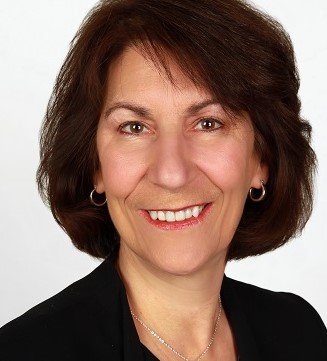

Barb Ernster is the National Coordinator/Communications Manager/Editor for the World Apostolate of Fatima, USA.


